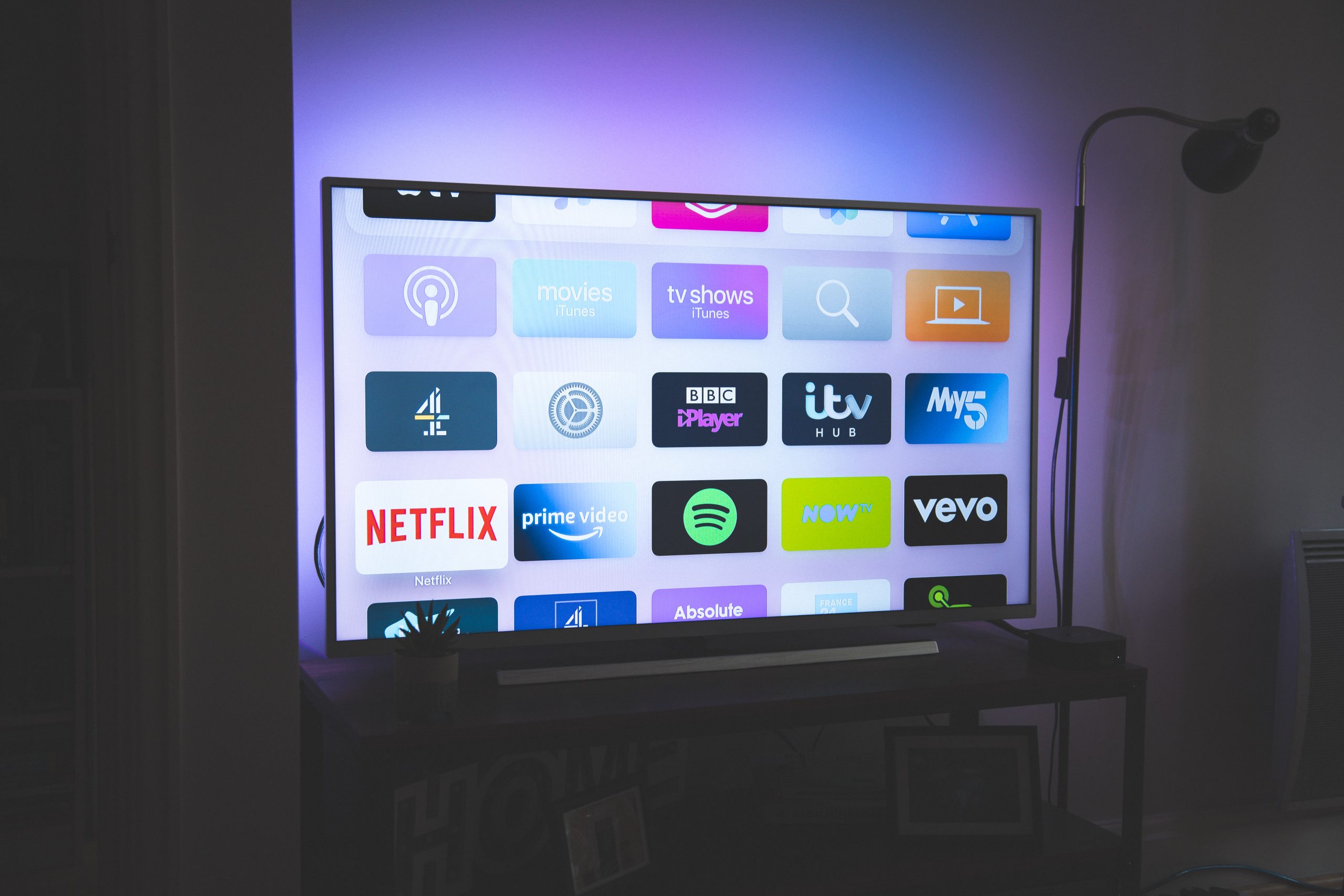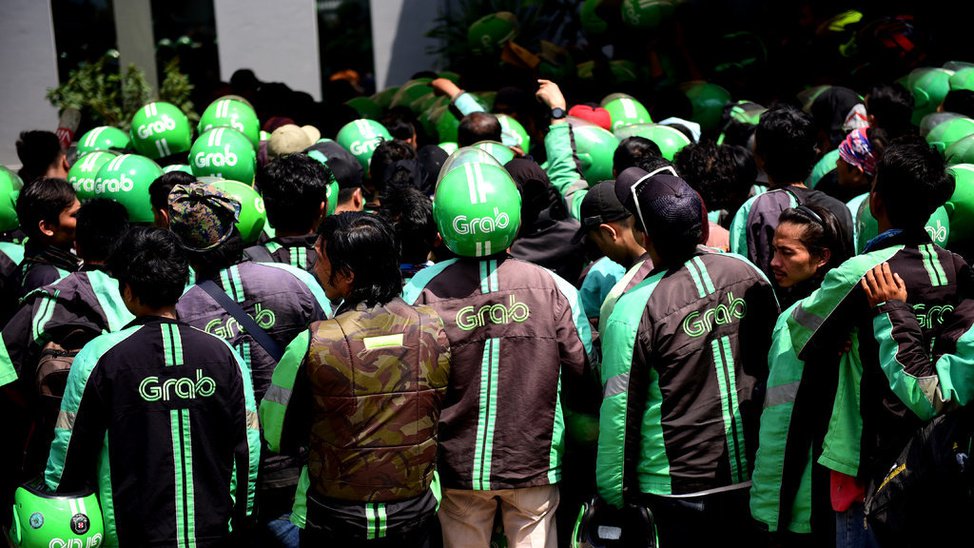Nearly every startup founder, investor, and tech scenester KrASIA interviewed this year mentioned how the COVID-19 pandemic has come to define disruptions and adjustments to business operations and consumer habits. Many people across Southeast Asia shopped online for the first time and became accustomed to paying for their purchases with their phones. These habits are likely here to stay.
What other major events shaped 2020’s tech scene in Southeast Asia? And where we might be heading in the coming months? KrASIA’s reporters in the region offer a look at how Southeast Asia’s tech scene is shaping up in 2021.
Screens came to define nearly every part of life
One virus has upended how we work, eat, shop, play, and are entertained. Screens have replaced many facets of our pre-pandemic life, as social distancing became the rule of the day to prevent ourselves and others from getting sick.
In between Zoom calls and work sessions over shared docs that live in the cloud, we play video games or stream yet another movie or series. The mobile games market is expected to generate revenues of USD 77.2 billion this year, with emerging markets like Southeast Asia contributing significantly to this growth, according to Newzoo.
In all, 180 million consumers in Southeast Asia now stream eight billion hours of over-the-top (OTT) content per month, according to a report by advertising tech company The Trade Desk. Even after the pandemic subsides, major streaming platforms see the region’s viewers as key to their next step of development. Netflix is planning to double its spending on original content in Asia next year, Bloomberg reported.
The pandemic is also a golden moment for health tech and edtech startups, according to e-Conomy SEA report 2020, as telemedicine platforms saw quadruple usage from January to March, and have retained users post-lockdown. Meanwhile, installations of edtech top apps in Southeast Asia more than tripled, from 6 million between January and August last year to 20 million in the same period this year, the report said.

Investors signed big checks for unicorns
Southeast Asia’s tech industry notched USD 5.6 billion in investments in the first half of 2020, 13% lower than the first six months of 2019, according to a report by Cento Ventures. Mega deals above USD 100 million, which mostly went to regional unicorns, formed the bulk of the volume.
Indonesia’s Gojek snagged USD 1.2 billion in a Series F round in March, followed by additional funding from American investors Facebook and PayPal in June. Recently, the super app raised USD 150 million from Telkom Indonesia in November. Meanwhile, Grab raised two investments this year—USD 856 million from Japanese investors in February, and USD 200 million from South Korea’s Stic Investments in August. And all of this might just be a preamble to a major merger between Gojek and Grab.
Almost all Indonesian unicorns received new capital injections this year. Traveloka bagged USD 250 million in July despite a significant drop in business activity due to the pandemic. And two e-commerce unicorns, Bukalapak and Tokopedia, raised fresh capital from American investors; Bukalapak reportedly notched USD 100 million from Microsoft, while Tokopedia got new funding from Google and Singapore’s government investment company Temasek.
Read more: Grab and Gojek may be forming Southeast Asia’s most complex merger ever
Big tech faced headwinds in Southeast Asia
Multinational tech enterprises, such as Facebook and Twitter, have been under the scrutiny of state-level authorities seeking to control the flow of information online.
In November, the Vietnamese government warned that it would block Facebook if the social media platform refuses to censor content critical of the state, nine months after knocking Facebook’s servers offline for seven weeks. Nearby, the Thai government filed a series of lawsuits against Facebook, Twitter, and Youtube for not following the government’s censorship order.
The proliferation of fake news in countries like Myanmar has prompted Facebook to be more proactive this year. Although the introduction of the Facebook Oversight Board in October seemed to offer a ray of hope, there is doubt over whether the new arm can address fundamental issues related to the prevalence of incendiary content on Facebook.
Other Southeast Asian governments have stepped up to shackle big tech firms too, with a focus on taxation, data protection, and combating fake news. Singapore, for example, proposed significant changes to its personal data protection law, with stiffer penalties for data breaches at up to 10% of annual gross turnover in the city-state, while Indonesia imposed a 10% value-added tax on sales made by tech firms such as Google, Netflix, and Amazon.
Read more: Can Facebook’s new Oversight Board beat fake news in Southeast Asia?

New rules and regulations are coming for tech firms
Regulators and lawmakers around the world are tightening the screws on tech companies, including in Indonesia. In 2021, the country is set to pass a data protection law that allows users to sue digital platforms for mishandling personal information, covering data leaks and breaches. Under current legislation, the companies are not responsible if user data is acquired by outside parties through illicit means.
Some of Indonesia’s most popular platforms saw significant cybersecurity attacks in 2020. Hackers reportedly hacked e-commerce giant Tokopedia and sold the personal information of 91 million users, while fintech aggregator Cermati reported that the personal information of 2.9 million users had been compromised.
Indonesia may also continue collecting a 10% value-added tax (VAT) from digital companies, which it has done since mid-2020. Until October, Indonesia has raked in IDR 297 billion (USD 21.06 million) from 16 tech companies, Reuters reported.
Grab and Gojek in the spotlight, other unicorns may go public
Some of the region’s tech companies may soon have their own stock tickers.
The Indonesian State-Owned Enterprise Ministry is encouraging fintech platform LinkAja to go public in the next year and a half, according to local media CNBC Indonesia. The platform, which was formed out of a consortium of state-owned enterprises, raised USD 100 million in November with Grab as a minority investor.
E-commerce unicorn Tokopedia is also one step closer to its IPO, after receiving an investment from Google and Temasek. The company’s president Patrick Cao said that the firm has had a local listing plan ready since last year.
Super app rivals Grab and Gojek may have a stronger case for heading to public trading with their business growth this year. However, they have to sort out potential antitrust issues if the two commit to a merger. The new business entity could become the region’s highest-valued startup with considerable ammunition for an IPO, which both Grab and Gojek have expressed interest in since last year.

Pandemic tech is here to stay
The UK is administering the first public COVID-19 vaccine for the general population. Full vaccination worldwide will take time, while tech-based stopgaps like contact tracing apps, telemedicine consultation services, and health QR codes have become the norm in many places.
Singapore, for instance, launched its own contact tracing app, TraceTogether, in march, using Bluetooth signals between phones to track encounters between people. With over 3.4 million users, the app now covers 60% of the city-state’s population.
Thailand has plans to introduce a COVID-19 tracing app solely for foreign tourists and revive the 7% of annual GDP contributed by tourists. But there are tradeoffs, specifically related to data privacy and cybersecurity concerns. Mor Chana, an app launched in Thailand in April, was criticized by the Data Protection Excellence Network (DPEX), the research arm of Singapore-based cybersecurity firm Straits Interactive, as requiring “excessive use of permissions.”
Over in Myanmar, the registration portal for health QR codes necessary for domestic travel in the capital Yangon, during the country’s nationwide lockdown, was subject to a series of cyberattacks in October.
With Southeast Asian countries are considering building an ASEAN-wide travel bubble, the demand for an open-source and interoperable information platform on health and vaccination history will be crucial.


